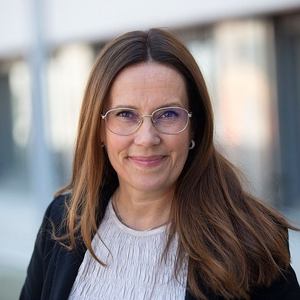A fifth year of fishmeal shortages is leading to a rush of mergers and acquisitions as companies including Cargill Inc. seek to meet demand for seafood that’s growing faster than for beef, poultry or pork.
Cargill, the biggest grain trader, will keep expanding in aquaculture as world demand for food protein is seen growing 70 percent by 2050, said Neil Wendover, a global marketing director at its animal nutrition unit. The Minneapolis-based trader, along with Aqua-Spark and others, provided $30 million in funds to fish-feed maker Calysta Inc. this month.
Cargill’s investment in the company comes six months after the acquisition of salmon-feed maker EWOS Holding AS made the food trader one of the top three aqua-feed producers, according to Rabobank International. An M&A rush in the industry has also seen the $4 billion takeover of salmon-feed supplier Nutreco NV by SHV Holdings NV and Mitsubishi Corp.’s acquisition of salmon farmer Cermaq ASA.
Rising seafood consumption is making fish farming more important. The world is now eating more farmed fish than wild catches, according to the United Nation’s Food and Agriculture Organization in Rome.
Big companies prefer to invest in feed over farming as it tends to grow slightly faster and there’s no risk associated with biological stock, said Gorjan Nikolik, a seafood-industry analyst at Rabobank. Feed-makers are also less exposed to commodity-cost fluctuations.
The recent wave of M&A is \"unprecedented\" but likely to continue, Nikolik said, predicting Chinese companies will join the fray.
Source: Isis Almeida, Bloomberg. See the full story.










